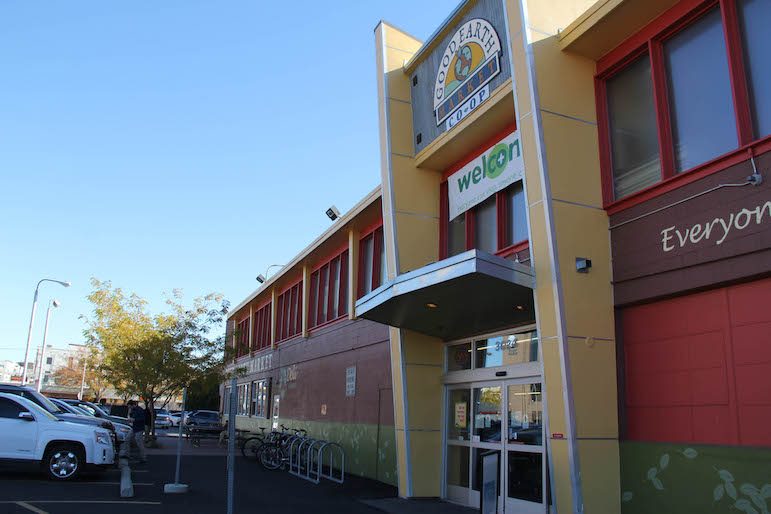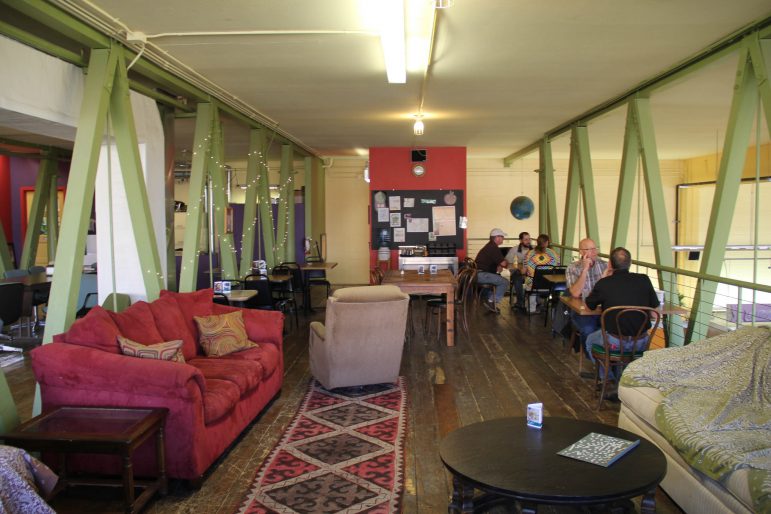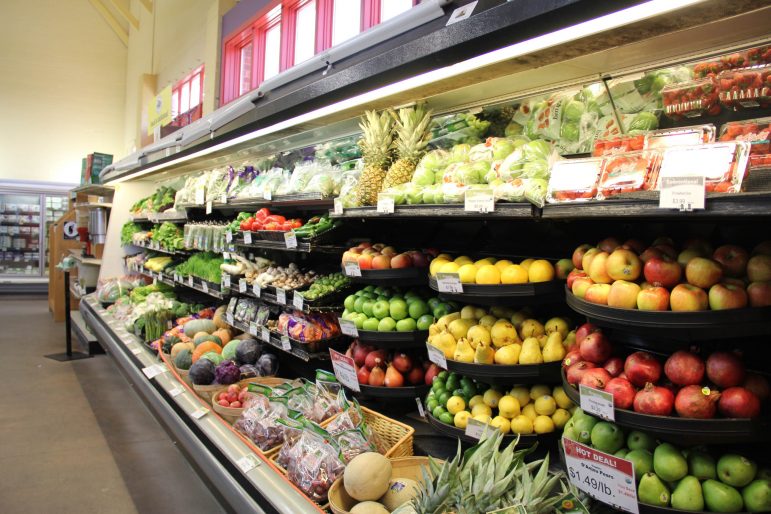Stopping in for lunch at the Good Earth Market on Tuesday, Joanette Wagner learned that the place where she eats at least four days a week and does 95 percent of her grocery shopping will most likely close soon.
“It wasn’t entirely unexpected … but it’s just disappointing that our town can’t support a store like this,” Wagner said.
The Good Earth, at 3024 Second Ave. N., a fixture in downtown Billings since 2006, is a member-owned co-operative, the only co-op grocery store in town. After years of declining sales, the store’s board of directors, having met Sunday and Monday, decided to recommend that the cooperative be dissolved and the store closed.
So, on Thursday, Oct. 26, at what was supposed to be the Good Earth’s annual meeting, members present will vote instead on the motion to dissolve the co-op.
Kevin Dowling, vice president of the board, said that if the motion carries by the necessary two-thirds of members present — there is no Plan B for how to proceed if the motion is voted down — the store would probably close soon after the meeting.
“We would want to sell as much inventory as we can,” he said, but the store is not re-ordering any inventory. As Wagner said, the news wasn’t much of a surprise for anyone familiar with the store’s history in recent years.
“We have been tracking sales for a while and just last week we came to a point where we had to have a meeting to decide what to do,” Dowling said.
“Competition from a lot of large, out-of-state food corporations put a lot of pressure on us and we had challenges attracting new customers,” he said. There was no one factor — like the opening of Lucky’s Market in 2014 — that led to the difficulties, he said.When the Good Earth first opened in the old Tenth Avenue Grocery building in 1994, there were few other options for finding organic and locally produced food in the Billings area. But partly because of the success of the Good Earth and a national trend toward healthier eating, virtually all local grocery stores introduced and then expanded their organic offerings.
Costco has lots of organic food, as does Wal-Mart and other chain grocery stores, Dowling said, and “all were appealing to a lot of folks who shop at the Good Earth.”
Statistics in the Good Earth’s 2015 annual report, the most recent one posted on the store’s website, illustrate how all that competition affected the co-op. In 2012, sales were at nearly $3.4 million, then dropped to $3.2 million in 2013, $3.1 million in 2014 and $2.7 million in 2015.
Net income dropped from a $109,484 profit in 2012 to a net loss of $101,426 in 2015. Operating expenses, meanwhile, were almost static, barely dropping from $1.26 million in 2012 to $1.13 million in 2015.
Membership likewise dropped over the years. Although the report didn’t give absolute numbers, it reported that the percentage of sales to members dropped from 81 percent in 2006 to 72 percent in 2015. The store’s website said there are about 4,700 co-op members now.
Dowling said the store, which has always leased the building it is in, doesn’t have any conventional loans to pay off, but it has outstanding member loans — they totaled almost $87,000 in 2015 — and loans from the National Co-op Grocers association.

Ed Kemmick/Last Best News
The grocery section, seen from the Good Earth loft Tuesday afternoon.
The store got a $100,000 loan from the NCG in 2015 to get current with its vendors, and earlier this year the Good Earth a received a $100,000 grant from the association to upgrade the store’s deli, buy some new equipment and make some improvements to the building.
Sonia Davis, who has been the store’s interim general manager since January 2017, said the Good Earth has 22 workers, most of them full-time and with benefits available.
“There’s definitely been a range of emotions” among employees, Davis said, but when the final decision is made, she hopes “everyone will have a sense of peace because they know that they’ve done everything they could.”
Besides being a member-owned co-op, Davis said, the Good Earth has long been an important community gathering spot, hosting ArtWalk events, health fairs, an Earth Day celebration, local producer fairs, workshops, film series, cooking classes and meetings of various local organizations.
“It’s sad that there’s going to be one less of those places in our town,” she said.
In the long term, Davis said, “I’m very hopeful that there is something else that will arise from this.” It might not necessarily be another downtown co-op, she said, but there are too many people “wildly passionate” about local food systems for that energy to just go away with the closing of the Good Earth.
She said there could be an employee-owned food-distribution project, or that energy could go into the slowly developing Yellowstone Valley Food Hub. Another possibility, she said, is that Good Earth supporters could combine their passion for local food with the desire to help the struggling South Side and open a grocery co-op in that under-served part of town.
Whatever happens, she said, “passive consumerism isn’t cutting it anymore.”
Wagner, the Good Earth regular, said she’ll miss the convenience of the Good Earth. She lives a mile away from the store and often walks there, sometimes after stopping off to exercise at the Billings Community Center. She said she could “trust the ingredients” in the grocery and the deli, and in the bulk-food section she could buy just a few teaspoons of a certain spice if that was all she needed.
Wagner said she was mostly sad about the imminent closure of the Good Earth, but also a little angry.
“It’s just frustrating that people with a lot higher incomes than me don’t shop here because they say it’s too expensive,” she said.







